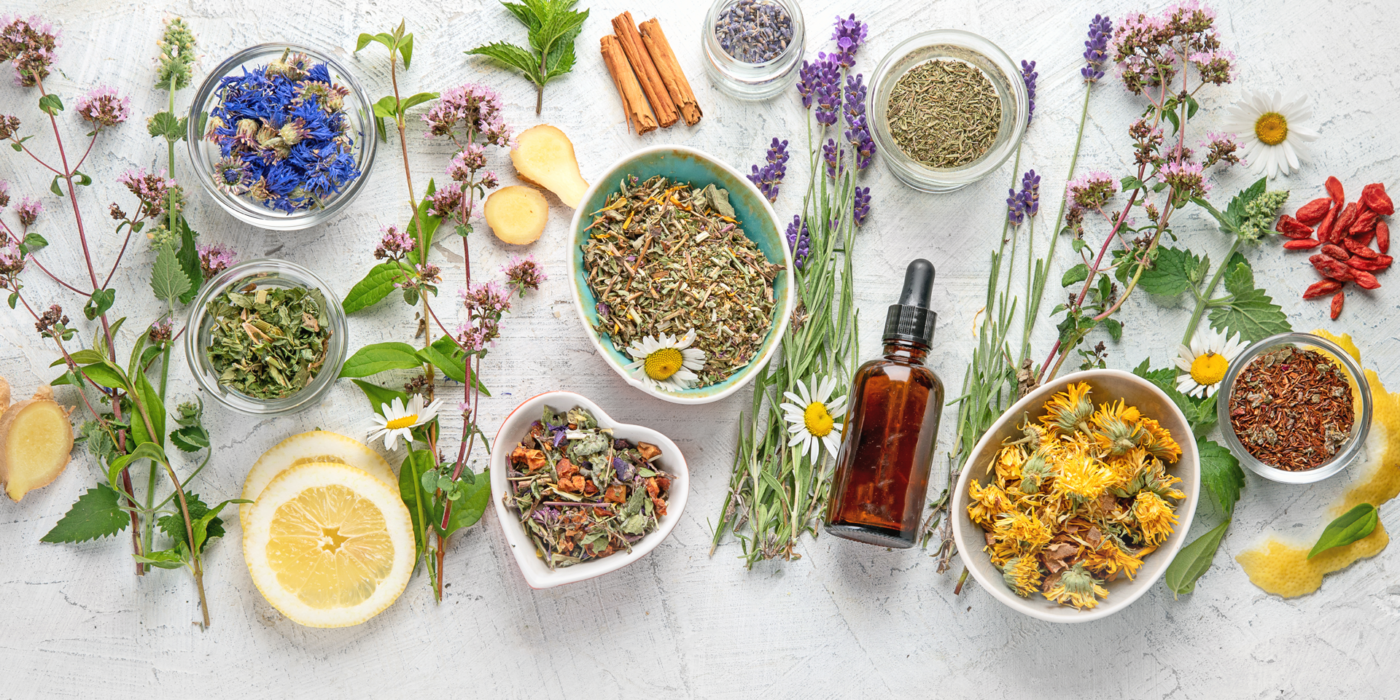Working with the elderly and how to make your day together successful:
Using scents
We want to openly share with the family members of the elderly some ideas about the ways you can make your day successful. This time, in our section: Working with the elderly, we discuss using different scents.
Scents can be used for the benefit of the elderly in several ways. Here are some examples:
- Promoting relaxation:Certain scents, such as lavender and chamomile, have been shown to have a calming effect on the body and mind. These scents can be used in various settings to help promote relaxation and reduce stress.
- Enhancing memory: Some scents, such as rosemary and peppermint, have improved memory and cognitive function. Using these scents in a living space or during activities such as cooking or crafting can help elderly individuals stay mentally sharp.
- Reducing anxiety: Scents such as citrus, vanilla, and sandalwood can have an anxiety-reducing effect on the body and mind. These scents can be used in a variety of settings to help reduce feelings of anxiety and promote a sense of calm.
- Stimulating appetite: Scents such as cinnamon, vanilla, and apple have been shown to stimulate the appetite. Using these scents during meal times can help increase food intake and improve overall nutrition.
- Improving sleep: Scents such as lavender and chamomile have also improved sleep quality. Using these scents in a bedroom or during bedtime routines can help elderly individuals fall asleep faster and stay asleep longer.
In summary, scents can benefit the elderly by promoting relaxation, enhancing memory, reducing anxiety, stimulating appetite, and improving sleep. These scents can be incorporated into daily routines and living spaces to benefit elderly individuals.

Jussi Peltonen
Chair of the board
Hovi Care

